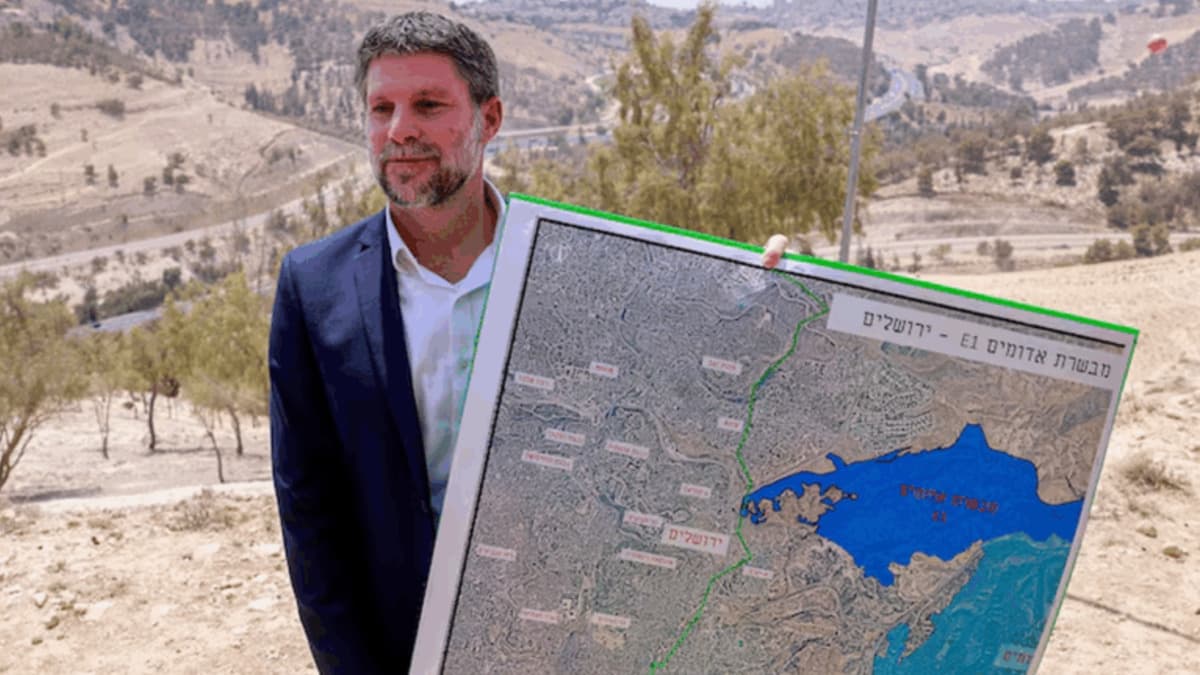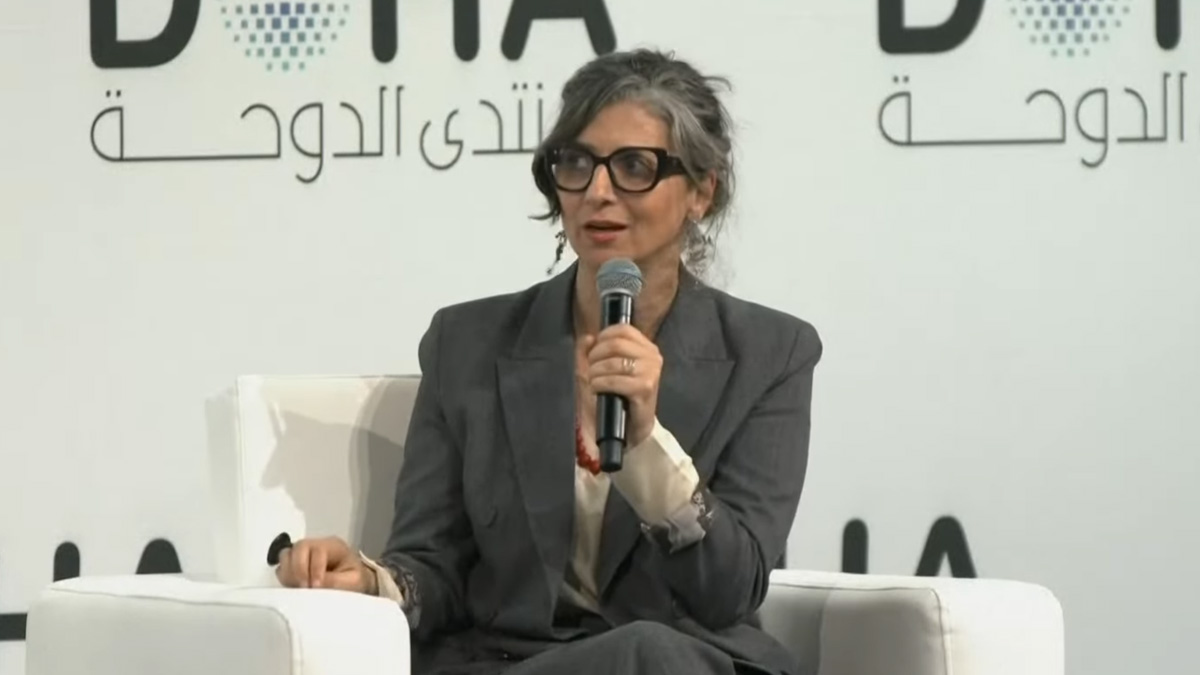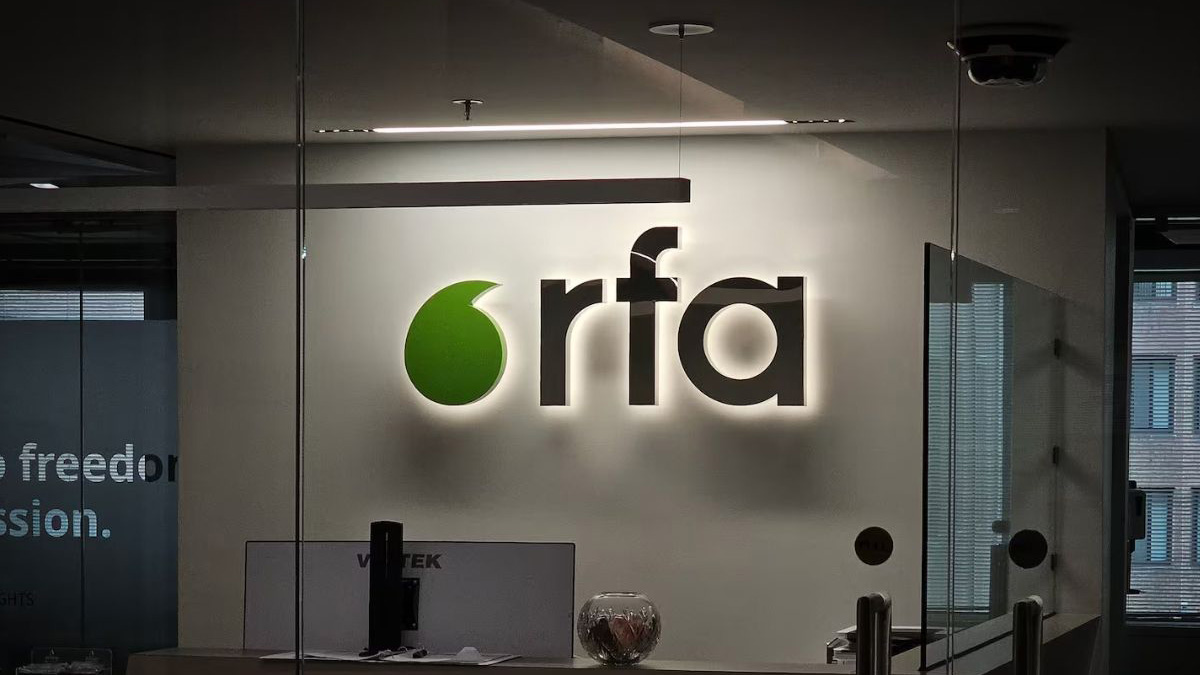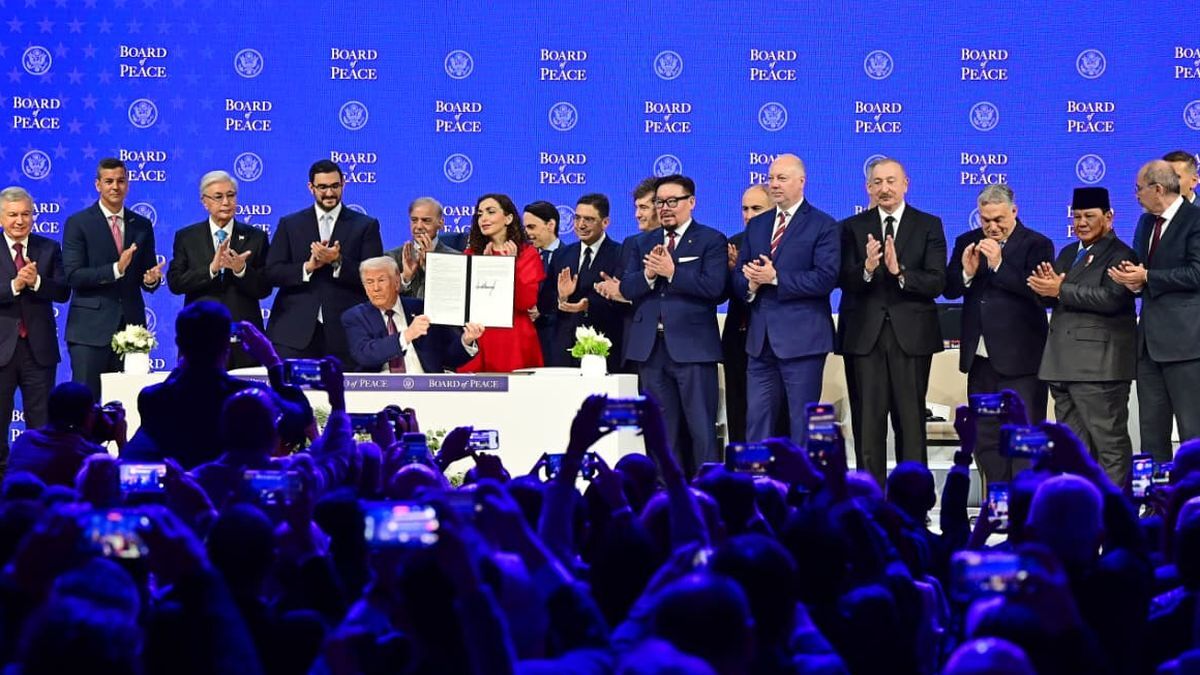21 countries condemn Israel’s planned E1 settlement in West Bank
A joint statement by 21 countries—including the UK, France, Japan, and Canada—has condemned Israel’s proposed E1 settlement in the occupied West Bank, warning it violates international law and undermines the viability of a future two-state solution. The development, set to include 3,400 housing units east of Jerusalem, would sever Palestinian territorial contiguity and restrict access to East Jerusalem, further complicating peace prospects.

- The planned E1 settlement would link existing Israeli settlements, cut off much of the West Bank, and impede the creation of a contiguous Palestinian state.
- The international community views the project as a violation of international law, risking regional stability and diminishing prospects for a two-state solution
SINGAPORE – A joint statement by 21 countries has condemned Israel’s plans to construct the controversial E1 settlement in the occupied West Bank, warning that the project undermines international law and makes a future two-state solution impossible.
The countries—including the United Kingdom, Australia, Japan, France, Canada, Belgium, Denmark, Estonia, Finland, Iceland, Ireland, Italy, Latvia, Lithuania, Luxembourg, the Netherlands, Norway, Portugal, Slovenia, Spain, and Sweden—issued the statement on 22 August, calling on Israel to immediately reverse its decision.
The E1 settlement is slated to be built on a 12-square-kilometre tract east of Jerusalem and will comprise 3,400 housing units for Israeli settlers. According to the joint statement, the development would sever much of the West Bank from occupied East Jerusalem, obstructing the territorial contiguity needed for a viable Palestinian state.
“We condemn this decision and call for its immediate reversal in the strongest terms,” the countries said, describing the settlement as “a violation of international law.” The project would also link several existing Israeli settlements, further entrenching Israeli presence in the occupied territory.
East Jerusalem remains central to Palestinian aspirations, viewed as the intended capital of a future state. The 21 countries warned that E1 “divides any Palestinian state and restricts Palestinian access to Jerusalem,” effectively ending prospects for a two-state solution.
The statement follows concerns voiced by the Palestinian Authority, the European Commission, and United Nations Secretary-General António Guterres. The European Union, in a statement on 14 August, noted that “coupled with ongoing settler violence and military operations, these unilateral decisions are fuelling an already tense situation on the ground and further eroding any possibility for peace.”
The EU reiterated that Israel’s settlement expansion contravenes international law and risks provoking further violence and instability in the region.
Controversy and history of the E1 settlement
The E1 project has been contentious for decades and has faced repeated delays due to international pressure. Critics argue that its construction would effectively split the West Bank, restricting Palestinian movement and access to East Jerusalem.
Israel’s far-right Finance Minister Bezalel Smotrich has publicly endorsed the project, asserting that it aligns with his goal of undermining Palestinian statehood. “Settlements such as E1 will help erase Palestine from the map,” he said. “This reality finally buries the idea of a Palestinian state, because there is nothing to recognise and no one to recognise.”
Smotrich’s remarks have drawn sharp criticism from human rights organisations and foreign governments, highlighting the widening divergence between Israeli leadership and international consensus on the peace process.
Opponents of the E1 plan argue that it jeopardises both peace prospects and regional stability. The 21-country bloc warned that the settlement “brings no benefits to the Israeli people.”
No official timeline has been announced for construction, though formal steps to advance the project were reportedly taken earlier this week. Israel’s government has yet to issue a public response to the joint international condemnation.







